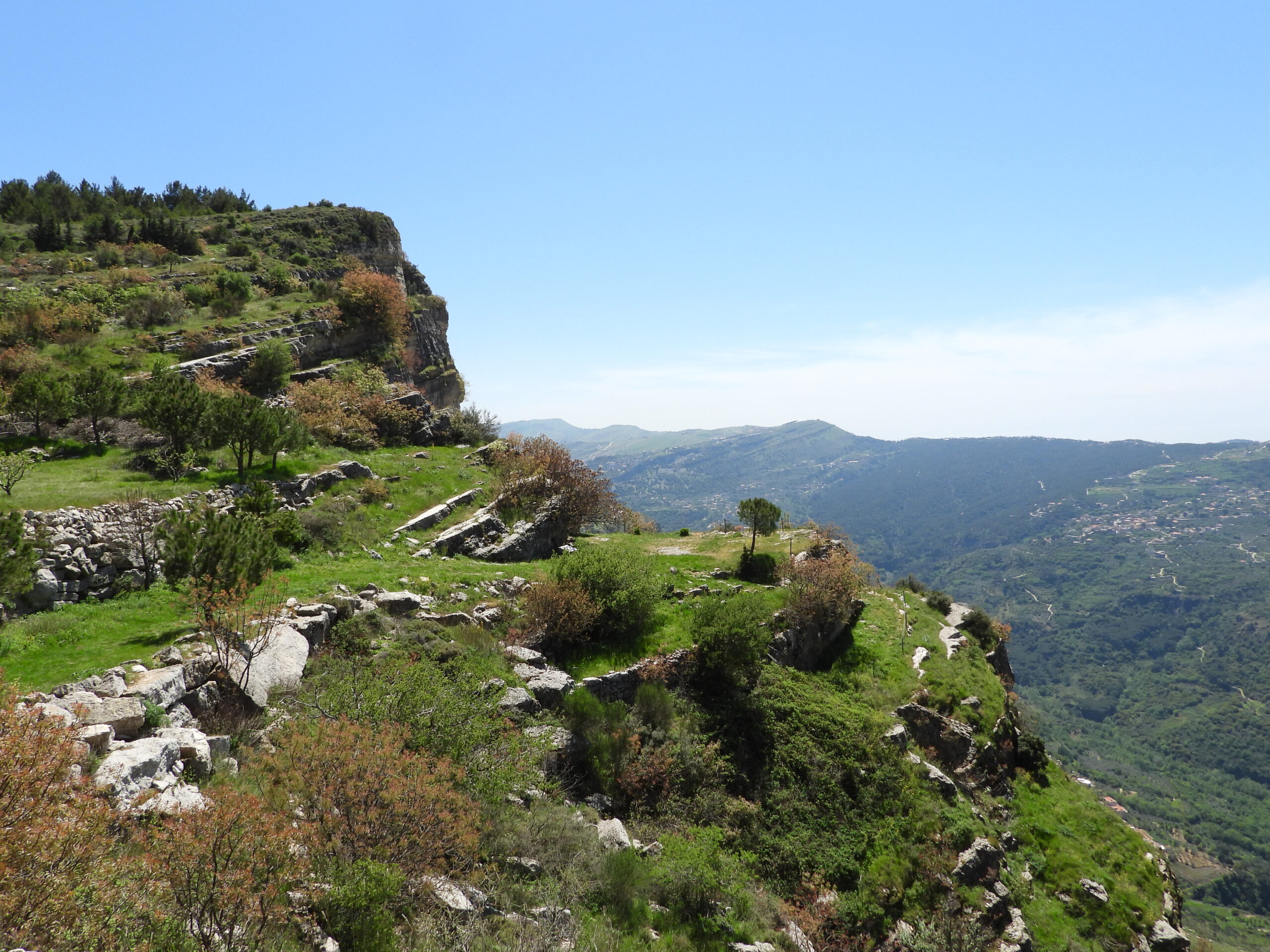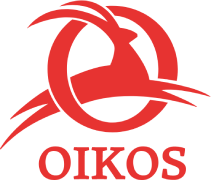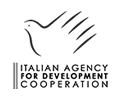REVEAL
Research and valorization of the landscape and archaeological heritage of the High-Shouf as an asset for the protection and deveLopment of the territory

Country
Project duration
Beneficiaries
Partner
Revealing the Past, Building the Future
In the mountains of Shouf, Lebanon, lies the archaeological site of Qalaat el-Hosn, a unique location housing Roman ruins and highly significant paleontological finds. It's a treasure from the past that is currently at risk of being forgotten.
Despite its enormous cultural and natural potential, there is little awareness in the country of the existence and meaning of sites like Qalaat el-Hosn. If properly valorized, this site represents an opportunity for social and economic development and a vehicle for a strong cultural identity.
REVEAL is built on the solid foundation of MeSAP: an archaeological project started seven years ago in collaboration with the Directorate General of Antiquities of Lebanon (DGA) in the Municipality of Maasser el-Shouf. The ultimate goal of this journey is to bring the history of Qalaat el-Hosn back to light and transform the site into a living resource for the local community
Multiple Disciplines, One Goal
We use a multidisciplinary approach encompassing archaeology, geoarchaeology, and paleoenvironmental studies to reconstruct the history of ancient settlements and landscapes. Excavations and soil analysis aren't just for understanding the site's history; they also help protect it from illegal interventions. The aim is ambitious: to enhance its potential to strengthen its candidacy as a site of cultural and natural interest.
Multiplying Knowledge
We believe that knowledge must be shared. That's why we promote the exchange of know-how between local experts and international researchers. We organize advanced training courses, seminars, and workshops to transfer skills and enrich the Lebanese university system with new, cutting-edge technologies and methodologies. We want to train a generation of professionals capable of protecting and valorizing the heritage with innovative approaches and tools.
Living Heritage for the Community
Qalaat el-Hosn is more than just an archaeological site; it's a piece of the territory's identity. Through educational activities in schools, guided tours for students and tourists, and the training of new local guides, we want to give this heritage back to the community.
Moreover, round tables with institutions, protection agencies, and local operators help define guidelines for integrated territorial development, one that successfully combines cultural valorization, environmental protection, and economic growth. This is a model of sustainable tourism that doesn't just invite observation, but encourages participation, storytelling, and the reliving of Lebanese history, nature, and culture.
Il progetto in numeri
180k
potabile in Tanzania
22k+
raccolti a Ibo, Mozambico
52k+
in Mozambico e Myanmar
11k+
di educazione nel mondo
200
di attività economiche
in Tz e Myanmar
1700
in Italia
1700
in Italia
52k+
in Mozambico e Myanmar
1700
in Italia

